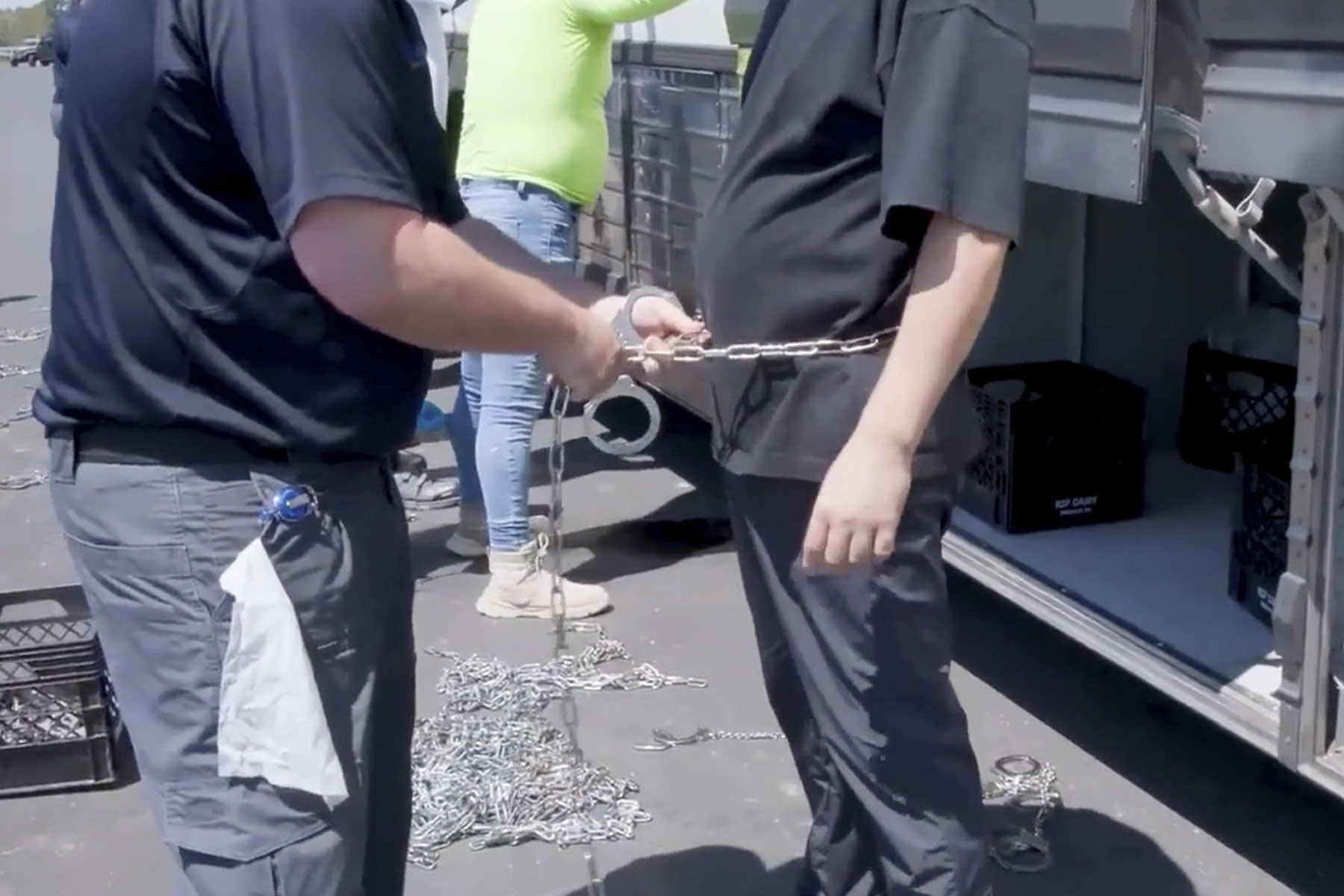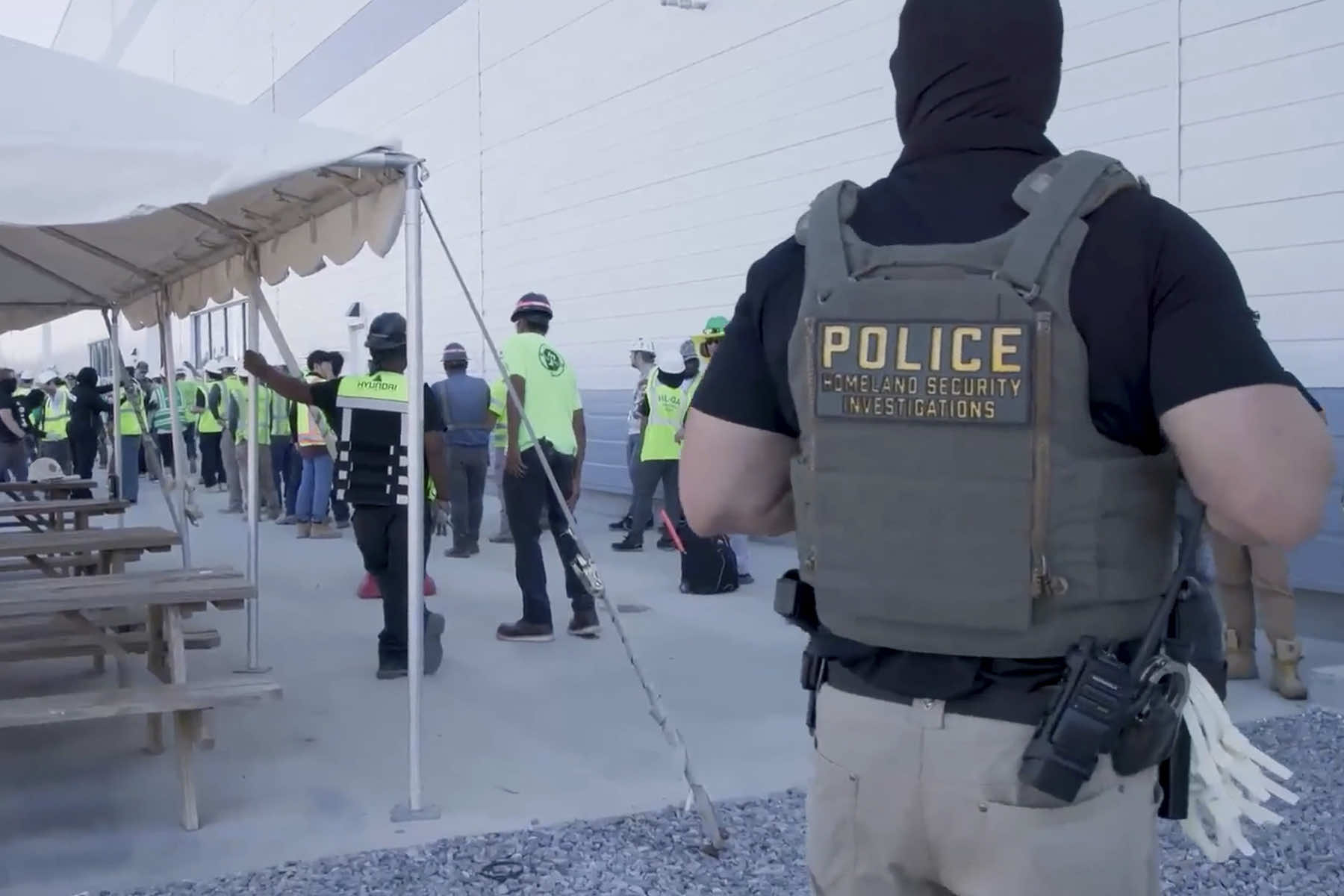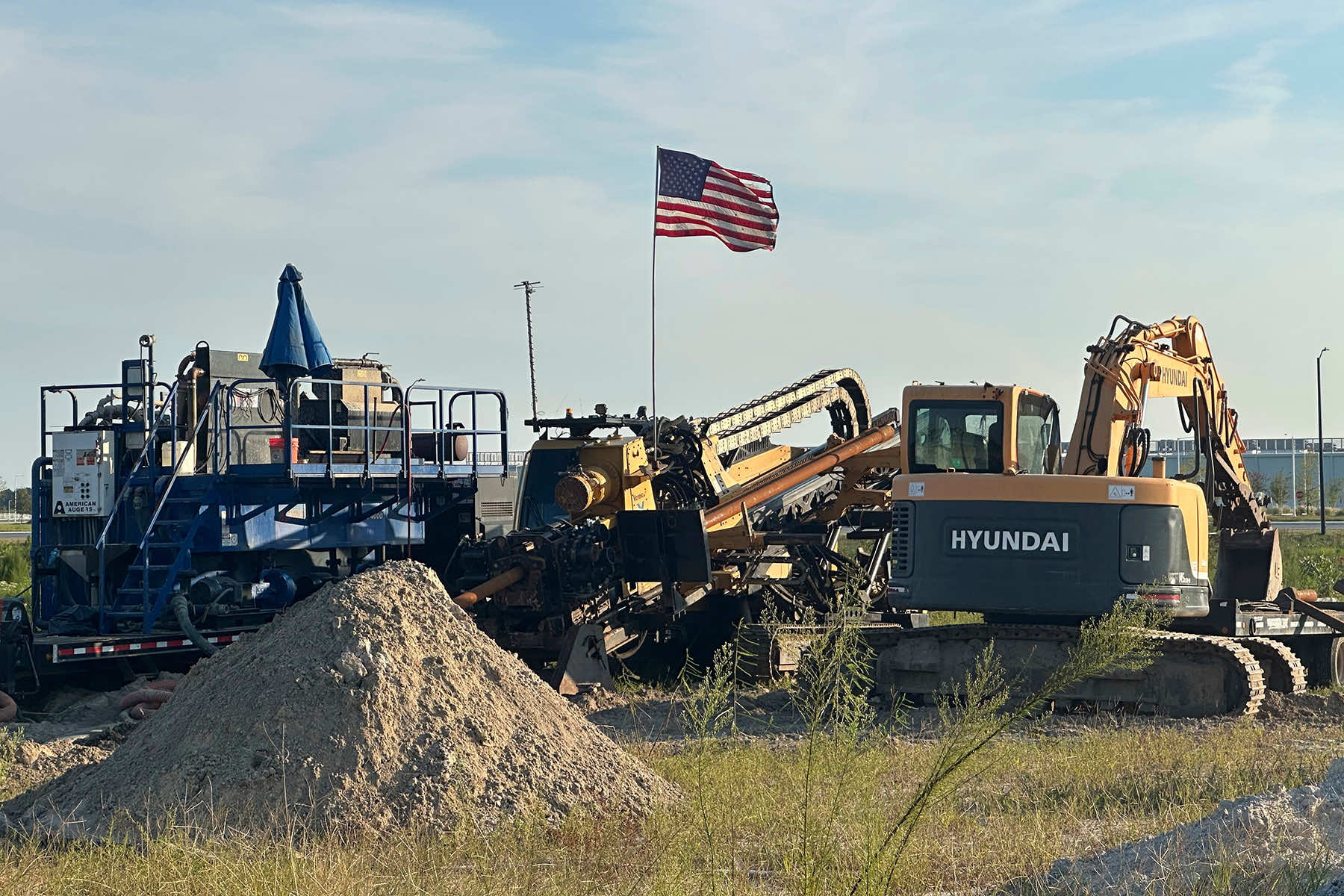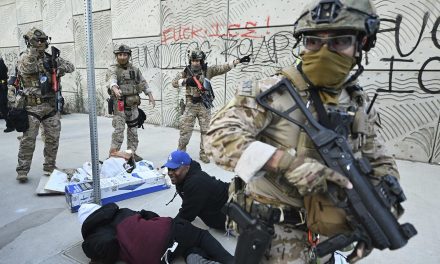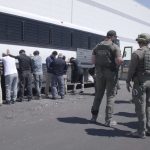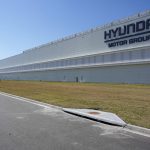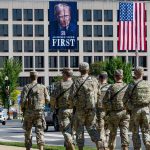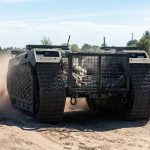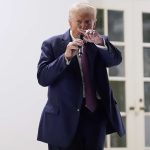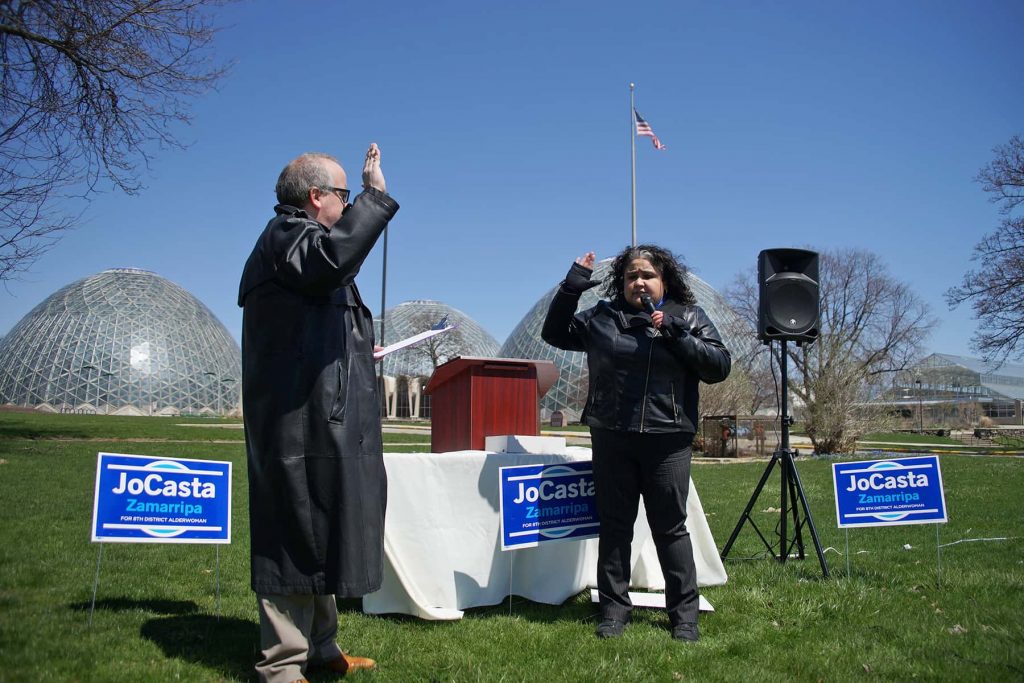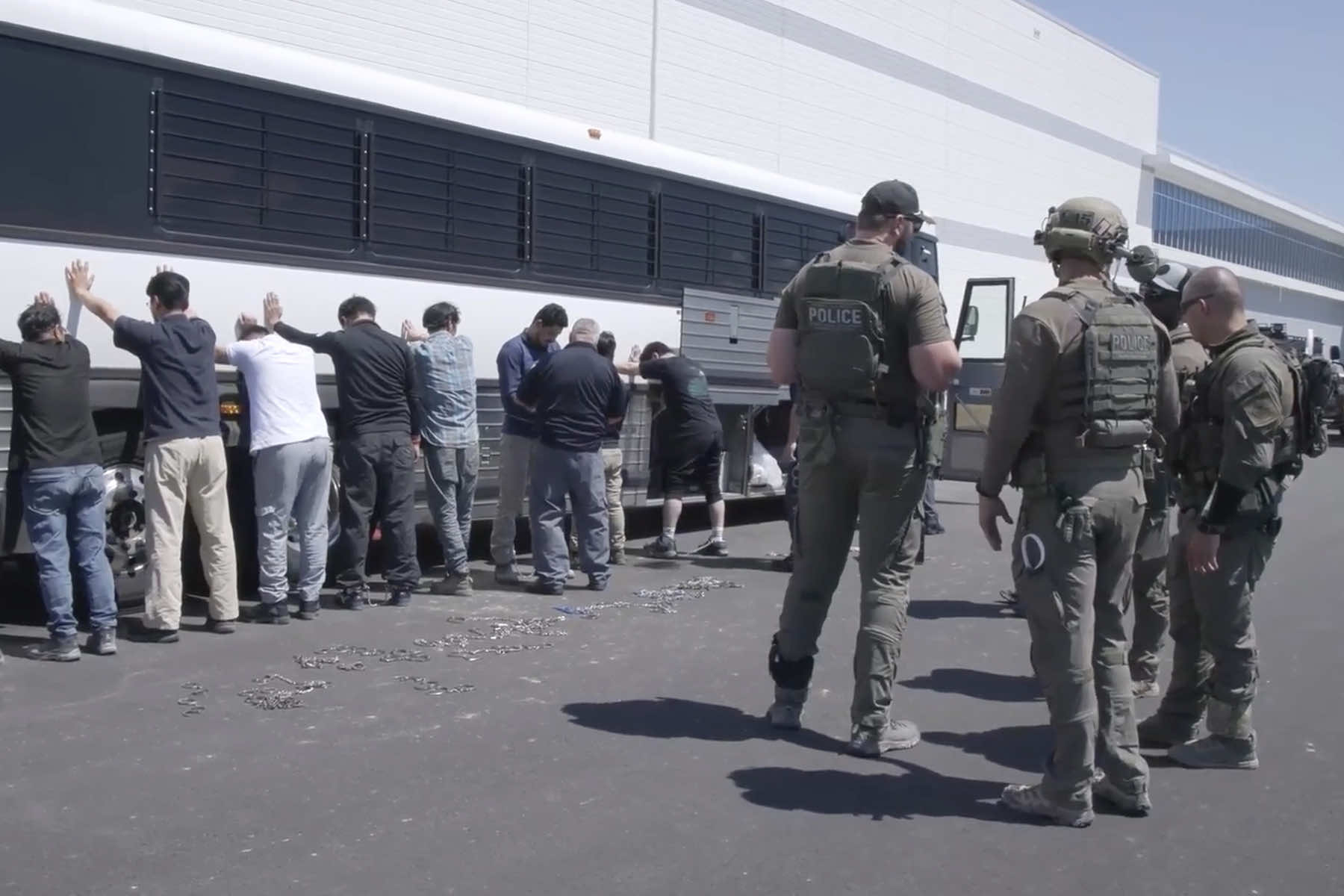
On September 4, the Trump regime’s Department of Homeland Security launched the largest immigration worksite raid in its history.
It was not on a cartel safe house or clandestine sweatshop, but at the centerpiece of its own flagship foreign investment win. Hyundai’s $7.6 billion electric vehicle factory that is under construction in Georgia.
Federal agents swarmed the 3,000-acre project like it was a crime scene, not a corporate showcase. Four hundred seventy-five workers were detained. The majority were South Korean nationals flown in by contractors to accelerate the buildout of the factory that Trump himself has repeatedly hailed as proof that “America is open for business again.”
No charges were filed. No human trafficking uncovered. No threats to national security cited. Just rows of immigrant workers, many with expired visas or visa waivers that prohibit employment, who were zip-tied, frisked, and shackled while construction was brought to a standstill.
POLITICAL THEATER
The operation came shortly after the August 25 meeting between Trump and South Korean President Lee Jae Myung, designed to tout bilateral economic cooperation. Seoul had just agreed to over $350 billion in long-term U.S. investments.
Hyundai alone is on the hook for more than $26 billion across multiple EV projects, with its Georgia site considered the crown jewel. The Biden-era tax credits tied to domestic battery production had already reshaped Hyundai’s global logistics.
The company bent over backwards to move supply chains into U.S. jurisdiction. And then Trump sent in the immigration strike force.
South Korea’s Foreign Ministry separately issued a statement to express “concern and regret” over the case and sent diplomats to the site. It was diplomatic phrasing that barely masked the scale of the insult felt by South Korea.
In plain terms, the United States solicited a major ally’s investment with incentives, photo ops, and promises of regulatory stability. It then humiliated that same ally on live television and detained its skilled workforce. It is not just a diplomatic crisis. It is an industrial and economic disaster in the making.
The Hyundai-LG EV battery complex is Georgia’s largest-ever economic development project. State leaders promised over $1.8 billion in subsidies and tax credits. The facility was expected to employ 8,100 workers and begin rolling out batteries to support Hyundai and Kia EV lines as early as 2025.
That schedule is now in doubt. The South Korean government is chartering a plane to evacuate its nationals. Not from a war zone, but from a Trump-branded investment hub inside the continental United States.
FROM JOBS PROGRAM TO IMMIGRATION SNARE
Steven Schrank, the lead Georgia agent for Homeland Security Investigations, said the raid targeted visa violations and illegal work arrangements. Some workers had crossed the border improperly. Others had arrived legally on tourist or business visas that do not permit employment. The operation, Schrank said, was about “protecting the integrity of our immigration system.”
But this wasn’t a nail salon or a meatpacking plant. This was a publicly financed, publicly celebrated foreign investment zone. It was operating under the full awareness and oversight of state and federal economic development offices.
If these workers were improperly vetted, the failure isn’t just on them. It’s on every American agency that helped greenlight the deal. The contractors who arranged travel and work permits. The state officials who cut the groundbreaking ribbons. The federal agencies that let these workers pass through immigration channels, only to retroactively declare their presence illegal when it served a different political goal.
Trump has made immigration enforcement a hallmark of his second and overtly authoritarian administration. His base expects it. But the logic is buckling under its own contradictions. He cannot be the jobs president and the deportation president at the same time. Especially not when the jobs are built by the very labor he criminalizes.
And yet that’s the contradiction now playing out in Georgia. A president who campaigned on rebuilding American manufacturing is actively undermining it to prove an ideological point.
Georgia officials have gone quiet. Normally eager to celebrate any workforce announcement, state Republicans are ducking the microphones. The raid wasn’t coordinated with the governor’s office or the Georgia Department of Economic Development.
For all the campaign trail talk about “job creators” and “American comeback,” it turns out no one wants to explain why the biggest industrial project in state history just had its workforce loaded onto detention buses.
Other South Korean firms, including SK and Samsung, have already begun reviewing the fine print of their U.S. operations. The message received in Seoul is simple.
American contracts may be enforceable, but American politics is not.
It doesn’t help that the visuals were unmistakably punitive. U.S. Immigration and Customs Enforcement released footage showing federal agents in tactical gear storming the site, lining up workers, shackling wrists and ankles, and loading detainees like criminals.
No effort was made to distinguish between visa overstays and unauthorized entries, or to clarify that none of the detained had been charged with crimes.
Trump is orchestrating an immigration crackdown designed to double as a political campaign ad. The workers weren’t targeted for what they did. They were used for what they looked like on camera.
It didn’t matter that they were flown in to help build a federally subsidized plant. Their arrests made for optics that Fox could play for its MAGA faithful. Foreign labor cuffed under federal authority, no nuance, no context. One moment, they were part of an economic victory lap, and the next they were lined up as props in a made-for-media raid.
GOVERNING BY SPECTACLE
The White House continues to insist that the raid was not political. But timing tells a different story. The raid coincided with the start of Hyundai’s final construction phase. It was a window when South Korean contractors were rotating in skilled teams to meet tight delivery targets.
Disrupting that process doesn’t just hurt Hyundai. It undermines every EV supply chain schedule tied to the facility, from lithium mines to software integrators.
There is no upside here. Not for Georgia workers, who were counting on those jobs to materialize by 2025. Not for local suppliers, who now face months of uncertainty. Not for South Korea, which is re-evaluating whether the U.S. is a trustworthy industrial partner. And certainly not for Hyundai, which must now explain to shareholders why a billion-dollar ground game has been handcuffed by its own host government.
The irony is staggering. Trump spent years attacking China and lobbying foreign firms to move production to the U.S. Hyundai listened. LG listened. SK listened. And now those same companies are watching their engineers get hauled away as if they were criminal invaders, not invited builders of America’s post-oil economy.
It’s unclear what happens next. South Korea dispatched high-level diplomats to negotiate. The workers will be returned home. Construction may resume. But the damage is permanent. Every investor now knows that America’s welcome mat is both conditional and unpredictable. That no handshake, no tax credit, no high-profile groundbreaking guarantees protection from a shift in political winds.
This is more than a policy contradiction. It’s a breach of trust. And it leaves behind a simple question with no easy answer. How can America ask the world to invest in its future if it keeps treating its partners like the usual suspects?
© Photo
Russ Bynum (AP) and Corey Bullard (U.S. Immigration and Customs Enforcement via AP)

